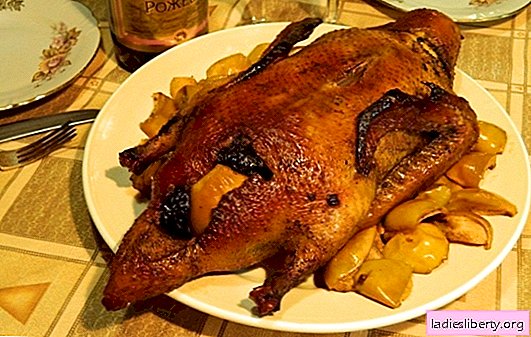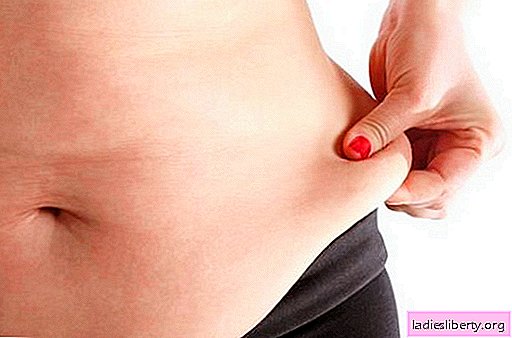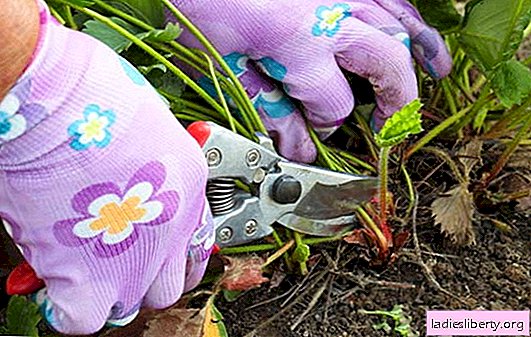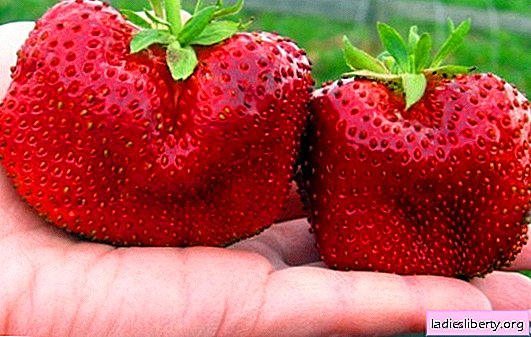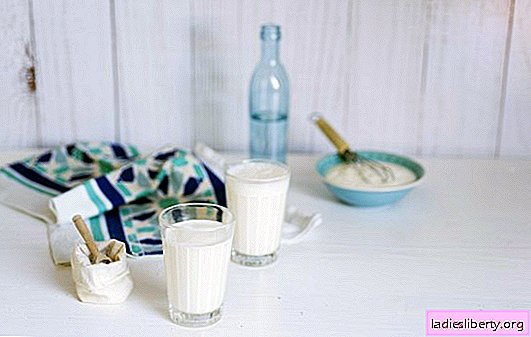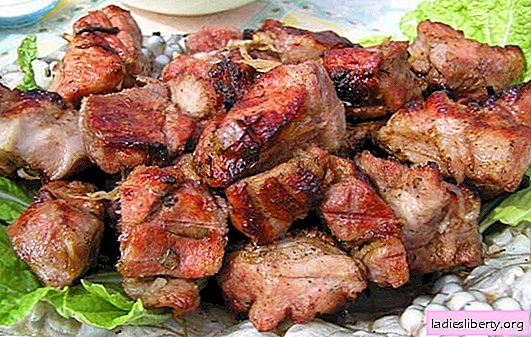
Nursing mothers should be fed a varied, balanced and healthy diet. Nutrient-rich foods and extra vitamins and minerals are the foundation of a healthy diet. Certain foods for lactating women need to be consumed in large quantities.
Nursing Mother's Diet: More Calories
During lactation, additional energy and nutrients are needed to feed the baby with breast milk. In the first 4 months after giving birth, you still need to take 500 more calories.
If a woman feels more hungry due to breastfeeding, you can "succumb to this feeling."
The additional need for 500 calories can be offset by the following products:
- 250 ml of milk / day;
- 1 slice of whole grain bread / day;
- 200 g of vegetables / day;
- 1 fruit / day;
- 2 teaspoons of butter, margarine or butter per day;
- 100 g of meat or sausage / week (equivalent to a small schnitzel or three to five slices of sausage);
- 100 g of fish / week.
Consuming more food does not increase milk production. Therefore, it is recommended to eat in moderation. If possible, you should cover your calorie needs with nutrient-rich foods. These include vegetables, fruits, dairy products, lean meat and whole grains.
Sweets, cakes and other confectionery should be consumed in smaller quantities. Although these foods provide a lot of calories, they do not contain valuable vitamins and minerals.
Increased iodine requirement
During breastfeeding, the need for iodine increases. Iodine deficiency during lactation, as well as during pregnancy, can affect the physical and mental development of the child. Therefore, it is important to take a sufficient amount of iodine with food.
Consumption of marine fish and animals, as well as milk and dairy products contain a sufficient amount of iodine. Lactating women are recommended to eat marine fish twice a week.
Milk as a calcium supplier
The need for calcium does not increase during breastfeeding, but it is recommended to cover the daily requirement. Good suppliers of calcium are milk and dairy products and some vegetables (broccoli, cabbage, spinach and fennel).
It’s best to get used to consuming about half a liter of milk every day and from one to two slices of chopped cheese.
Catch up the loss of iron
The need for iron also does not increase with breastfeeding. Nevertheless, it is recommended to use it a little more than usual to compensate for the loss during pregnancy.
Iron Products:
- meat;
- some cereals (especially millet, greens and oats);
- bread;
- sausages and vegetables (spinach, salsif, carrots, fennel, lamb salad).
Iron from meat is better absorbed by the body than from plants. Since vitamin C improves the absorption of iron, it is good to drink a glass of orange juice.
Drink a lot: very important in the diet of a nursing mother
With breast milk, a woman secretes a lot of fluid. Therefore, during breastfeeding, you need to make sure that a sufficient amount of fluid is consumed. It is recommended to drink about 2 liters of fluid per day. It is best to drink a glass of water after each breastfeeding.
It is recommended to drink mineral water, unsweetened herbal and fruit teas. Tea with sage and mint is believed to inhibit milk production.
The fact that special teas for milk production really contribute to milk production cannot be scientifically proven.
Coffee and black tea should only be consumed in small quantities due to the caffeine content. About 2-3 cups per day do no harm. It is also recommended to pay attention to the caffeine content in coke drinks, energy drinks and iced tea.
Since alcohol enters milk, it should be avoided while breastfeeding. Contrary to popular belief, alcohol does not stimulate milk production, but can actually reduce it.
No diets for allergy prevention
During breastfeeding, certain foods - milk, eggs, fish and nuts - do not have a visible benefit in preventing baby allergies. Therefore, lactating women should not exclude foods from their diet.
Strong weight loss with diets should be avoided. Rapid weight loss can lead to a lack of essential nutrients and harm to health.
According to current recommendations, fish consumption during lactation has a protective effect on the development of allergies in the child. Therefore, the following is recommended: if possible, eat sea fish 2 times a week.


